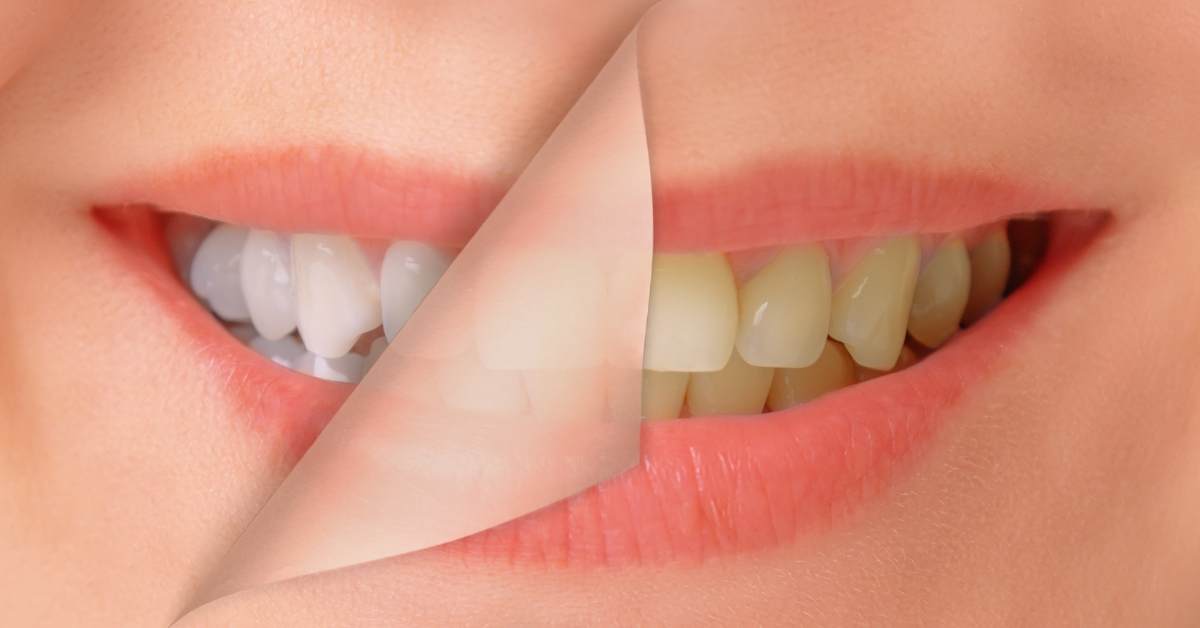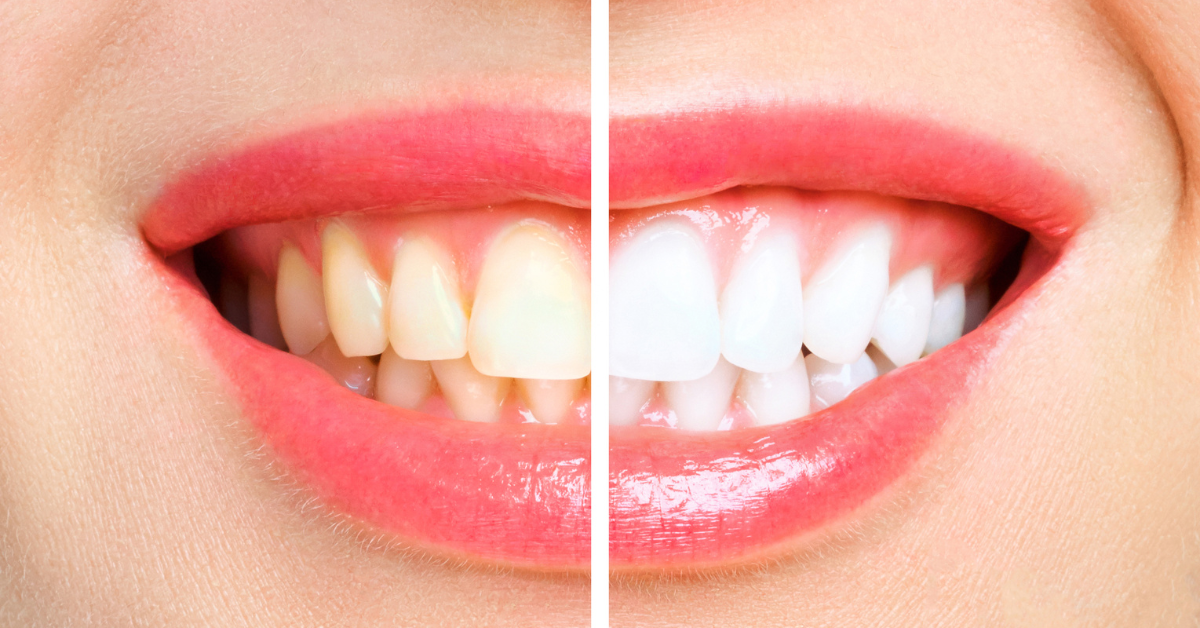A brighter, whiter smile can boost confidence and enhance overall appearance. Teeth whitening has emerged as a popular cosmetic procedure to achieve this desired effect. However, questions regarding the safety of teeth whitening often arise. Understanding the potential risks and adopting safe practices is crucial for maintaining oral health while pursuing a brighter smile.
Factors Affecting Teeth Whitening Safety
The safety of teeth whitening depends on various factors, including:
-
Type of Whitening Product: Over-the-counter (OTC) whitening products typically contain lower concentrations of bleaching agents compared to professional treatments. However, improper use of either OTC or professional products can lead to adverse effects.
-
Individual Sensitivity: Some individuals may experience increased tooth sensitivity during or after whitening treatments. This is often temporary and can be managed with desensitizing toothpaste or gels.
-
Pre-existing Oral Conditions: Individuals with certain oral conditions, such as exposed tooth roots, gum recession, or active tooth decay, may be more susceptible to complications from whitening treatments.
Potential Risks of Teeth Whitening
While teeth whitening is generally considered safe when done correctly, potential risks include:
-
Tooth Sensitivity: Increased tooth sensitivity is the most common side effect of whitening treatments. It typically subsides within a few days.
-
Gum Irritation: Whitening products can cause irritation to the gums, especially if applied incorrectly. This can lead to discomfort and inflammation.
-
Tooth Enamel Damage: Excessive or prolonged use of high-concentration whitening products can damage tooth enamel, making teeth more susceptible to cavities.
Safe Teeth Whitening Practices
To minimize the risks and ensure safe teeth whitening practices, follow these guidelines:
-
Consult a Dentist: Before starting any whitening treatment, consult with your dentist to assess your oral health and determine the most suitable method.
-
Use Products with ADA Seal of Approval: Look for whitening products that carry the American Dental Association (ADA) Seal of Acceptance, indicating they have been evaluated for safety and effectiveness.
-
Follow Instructions Carefully: Adhere strictly to the instructions provided with whitening products to avoid overuse or misuse.
-
Monitor Sensitivity: If you experience excessive tooth sensitivity, discontinue use and consult your dentist.
-
Maintain Proper Oral Hygiene: Regular brushing, flossing, and professional dental cleanings are essential for maintaining oral health and preventing complications from whitening treatments.
Conclusion
Teeth whitening can be a safe and effective way to achieve a brighter smile. However, it’s crucial to approach whitening with caution and adopt safe practices to minimize potential risks. Consulting with your dentist, using approved products, following instructions closely, monitoring sensitivity, and maintaining good oral hygiene are essential for ensuring a positive whitening experience and maintaining overall oral health. Please find the dental office near you in these locations: Attleboro, Chelmsford, Hyde Park, Jamaica Plain, Lynn, Manchester, Methuen, Roslindale, Taunton.




